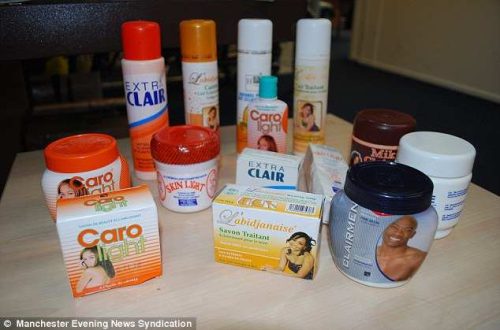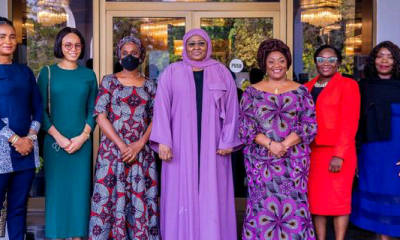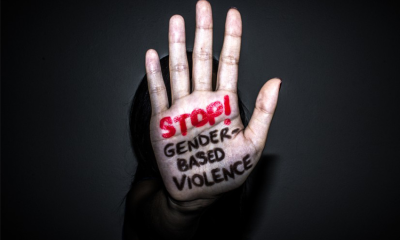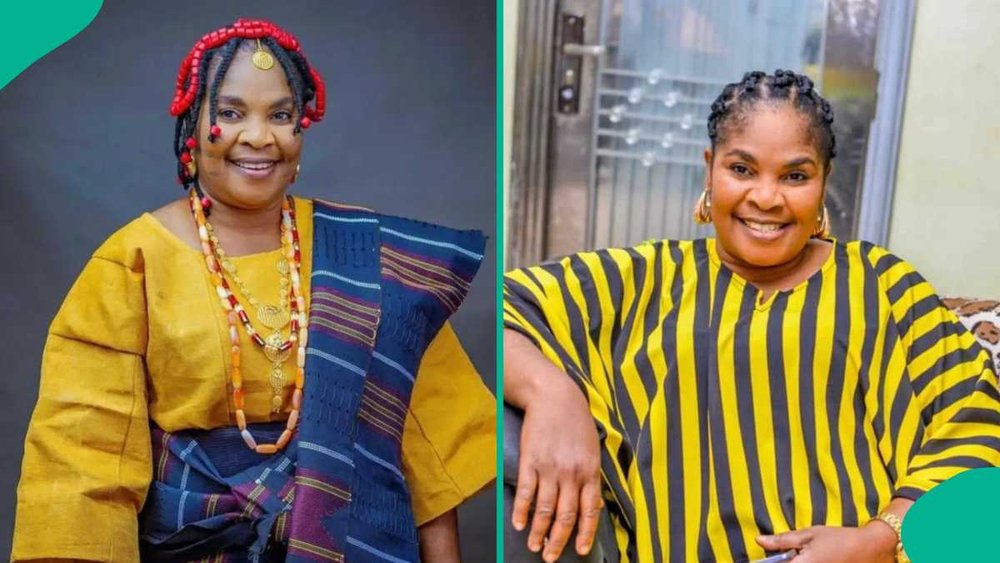GIST
Nigerian Women Ranked Top Consumer Of Bleaching Creams In Africa

BIG STORY
TikTok Deletes 3.6 Million Nigerian Videos Between January And March 2025 Over “Community Guidelines Violation”
BIG STORY
Awujale Of Ijebuland, Buhari’s Longtime Friend, Oba Sikiru Adetona Joins His Ancestors At 91
BIG STORY
I Was Blacklisted For Rejecting Sexual Advances — Actress Moji Afolayan
-

 BIG STORY3 days ago
BIG STORY3 days agoBREAKING: Federal Government Declares Tuesday Public Holiday To Honour Buhari
-

 BIG STORY2 days ago
BIG STORY2 days agoAmaechi Wears Turban To Buhari’s Burial In Daura
-

 BIG STORY3 days ago
BIG STORY3 days agoOsun 2026: Aregbesola Vows To Unseat Adeleke, Says ADC Will Win Guber Election
-

 BIG STORY10 hours ago
BIG STORY10 hours agoRCCG Pastor Absconds With $8000 Church Money, Abandons Wife, Marries New One
-

 BIG STORY3 days ago
BIG STORY3 days agoECOWAS Caravan 2025 Highlights Barriers, Builds Support For Women In Cross-Border Trade
-

 BIG STORY2 days ago
BIG STORY2 days agoWhat Buhari Told Me About President Tinubu After Fuel Subsidy Removal — Katsina Governor Radda
-

 BIG STORY2 days ago
BIG STORY2 days agoBREAKING: Remains Of Late President Buhari Arrives In Katsina [VIDEO]
-

 BIG STORY2 days ago
BIG STORY2 days agoAliko Dangote Submits Paperwork To Build Biggest Seaport In Nigeria

























Temitope Onigbinde
January 26, 2022 at 10:14 pm
Eleyi tun deep o